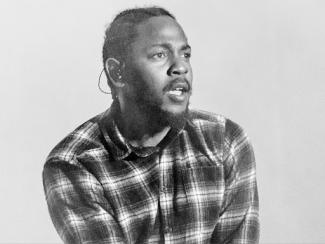
2015’s “Alright” music video portrays rapper Kendrick Lamar falling to his death after being “shot” by a police officer. Nearly a decade later, Vernon, Connecticut, agreed to pay a $100,000 settlement after an officer claimed his son suffered emotional distress when his teacher showed the video to his 8th-grade class. But what’s really to blame for emotional distress?
“Alright” was inspired by U.S. chattel slavery and Lamar’s visit to Nelson Mandela’s former prison cell. Those roots resonated — the song organically grew into a protest anthem for Black people insisting on surviving despite generations of white violence and policing.
According to a 2018 study, we suffer three months of poor mental health for every Black person police execute in our state. When cops kill over 1,000 people annually, these effects are constant, from struggling with daily tasks to depression-related visits to emergency rooms.
We get no breaks to heal. And families and victims get little financial compensation — the average misconduct settlement is just $17,500. Some receive nothing. And police continue to be rewarded with billions in city funding.
When the cost of policing is not just financial but human, where do we go? The path before us is to build new possibilities through our grief and oppression — our way out being the dismantling of the system itself.